Teething and frustration can make the ‘terrible 2s’ an unfortunate reality
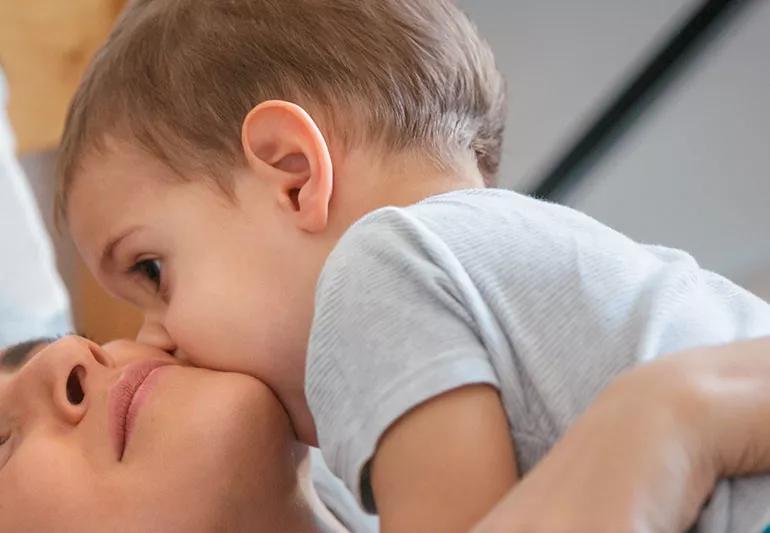
Have you ever thought about how weird it is, from a child’s perspective, to suddenly just … have teeth? And you get in trouble for using them, but only some of the time?
Advertisement
Cleveland Clinic is a non-profit academic medical center. Advertising on our site helps support our mission. We do not endorse non-Cleveland Clinic products or services. Policy
No wonder your little one keeps trying to take little chunks out of you, the neighborhood children, your pets…
It can be upsetting — and embarrassing — when your toddler hurts somebody. But take heart: It doesn’t necessarily mean your child has serious behavioral issues.
We talked to child psychologist Kate Eshleman, PsyD, about why toddlers bite and how to properly address this common behavior.
Dr. Eshleman says that there are many reasons children under age 2 might be biting. Here are a few of them:
You can’t avoid the biting phase, but you can make it shorter and easier — on both you and your toddler. We’ve compiled a few tips to help.
Does the biting behavior happen mid-temper tantrum? Does your toddler always bite the same person? Is there a time of day when their biting behavior is at its worst? Does the behavior tend to happen in response to the same situation (like being excited)? How long has it been since your toddler ate a meal or did something physically active?
Advertisement
Understanding your child’s triggers will make it easier to predict — and prevent — future biting incidents.
Your reaction to your toddler’s biting has a big impact. Here’s a quick list of common responses to avoid.
Dr. Eshleman notes that what you say matters just as much as how you say it. While it’s common to say things like, “We don’t bite our friends” or “We don’t bite mommy or daddy,” those phrases give children permission to bite others that aren’t their friends or family. Instead, focus on making statements like “We don’t bite” or “Biting hurts.”
Maybe you’re doing everything right, but grandpa just laughs when his grandchild gives him “love bites.” Maybe the babysitter has been “play-biting” your child to make them giggle. It’s important to be sure everybody caring for your toddler, from paid professionals to your extended family, is responding appropriately to biting behavior.
Dr. Eshleman notes that there are a lot of resources out there to help you through this less-than-joyful part of parenting. “If the biting continues or you feel you need additional assistance, there are many books written for both toddlers and parents, as well as songs and videos that can assist with addressing the behavior.”
If your child bites another child, Dr. Eshleman recommends responding this way:
Advertisement
Biting typically stops (or slows down considerably), between ages 3 and 4. If your child’s biting behavior isn’t stopping — or if it’s getting worse as they get older — you should talk to your pediatrician about it.
Of course, you don’t have to wait until your kid’s out of diapers to ask for help. “Your pediatrician can offer assessment and advice at any and every stage of your child’s growth and development,” Dr. Eshleman says.
It’s frustrating trying to parent a tiny cannibal, but biting shouldn’t be a cause for concern in children under age 2. Your child’s using their teeth to express complicated feelings and ideas, to get attention, to provoke responses and to better understand this wild world, full of colors, sounds, smells, tastes and textures.
Responding calmly and resisting the urge to punish or shame your child will help them develop the social and communication skills they need. If the behavior doesn’t improve — or gets worse — reach out to your pediatrician for support.
Advertisement
Learn more about our editorial process.
Advertisement
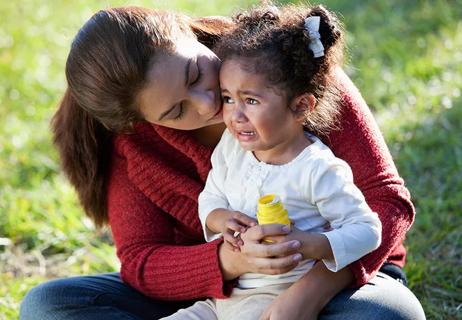
Find out how to head off unruly behavior
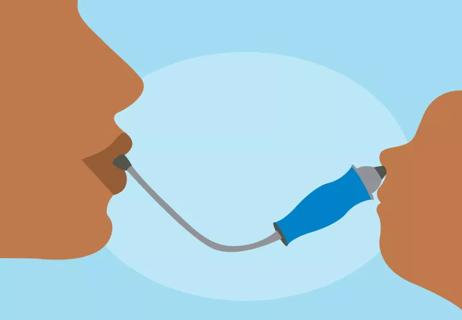
Keeping your baby’s airways clear of mucus helps with breathing and feeding

Sailing between parenting styles in specific situations is key
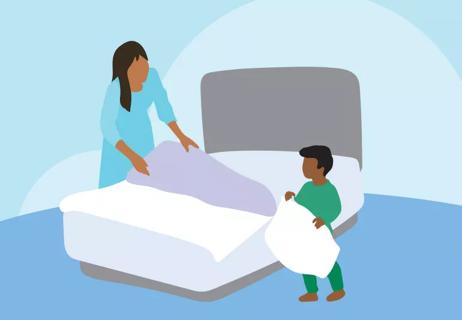
Maturity and safety matter more than age
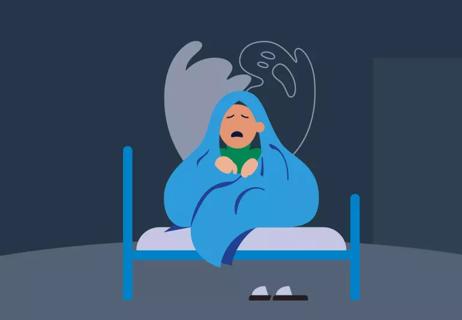
Nightmares in children are common and more likely when your child is overtired or stressed
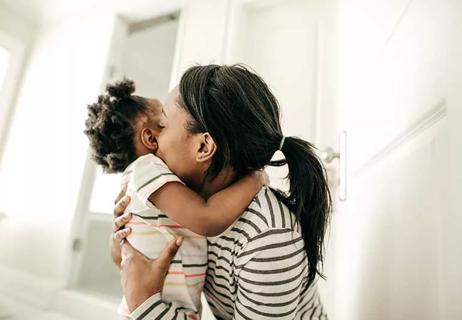
Praise and nonfood prizes go a long way

Use a digital oral, rectal, axillary, ear or forehead thermometer based on your child’s age
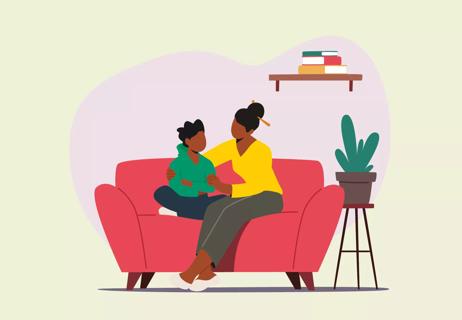
This parenting style relies on empathy, understanding and respect

Type 2 diabetes isn’t inevitable with these dietary changes

Applying a hot or cold compress can help with pain